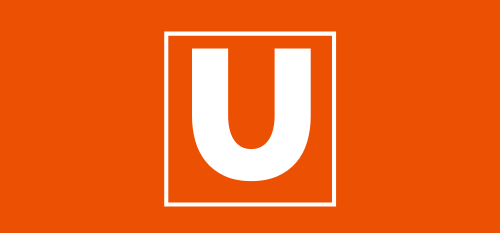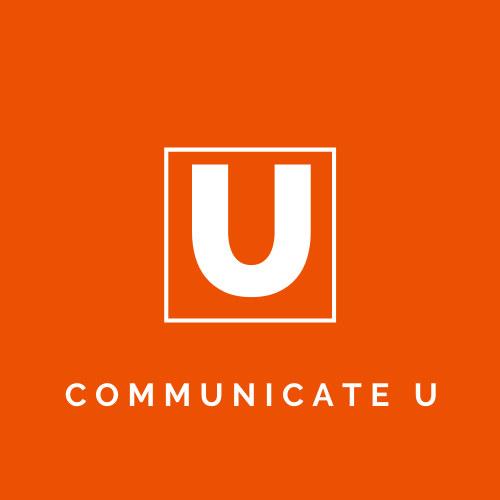Resumes: What’s the GOS About You?

One question I’ve been asked repeatedly over the years is, “What’s the most important thing to have on your resume?” My answer is simple: a Great Overarching Statement!
Hook your reader
Like any piece of effective communication, you need to hook your reader immediately. Call it what you will – Profile, Overview, Career Summary – the GOS is your positioning statement. It’s a short, sharp statement that says who you are and what you’ve done. It can also be used to show the reader where you are heading, particularly if your aim is to transition into a different field.
Career objectives are fine if you are a graduate; however, caution is advised for anyone else. A career objective is all about what you want. In reality, the potential employer doesn’t care what you want – they want to know what you can do for them. Show them!
Stand out
As recruiters and employers see so many resumes, you may only have a few seconds to capture their attention. The top half of the first page of your resume is the most important. Use this space wisely. If you don’t engage them immediately, it won’t matter what you say on page two as they won’t get that far.
When writing your resume you should remember CCR (and no, I’m not talking about the 60/70s rock band). You must keep your information Clear, Concise and Relevant.
Clear
Be clear about who you are and why you deserve to be considered for a role above your competition. What is your value proposition? Why should you be interviewed and subsequently hired? Clarity is essential around dates, job titles and employer names. If you’ve worked for organisations that are not household names, include a brief description of who they are and a link to their website. This is particularly useful if you have worked overseas or interstate. Also include with your qualification, the name of the institution(s) you studied at and the year you graduated (optional is it’s been a long time since you completed your qualification).
Concise
Be concise – don’t waste time and space by waffling. Write with precision. As most resumes are sent electronically, you can extend the depth of your resume via a link to your LinkedIn profile, online portfolio or other dedicated web pages.
Relevant
Make sure what you include in your resume is relevant. If you’ve been an account manager for years, don’t list the duties of that part time burger flipping job you had whilst at school.
Style
When it comes to resume styles, pick one that resonates with you. Your employment history doesn’t necessarily have to be in chronological order. If you have taken a career break and spent a year rescuing elephants in Thailand or pouring Guinness in an Irish pub, don’t put that up front. Break your employment history into ‘professional experience’ and ‘other adventures’ (or wording that sounds like you).
Substance
Remember to focus on your achievements. It is benefits that sell products, not features. That same principle applies to you. Sure, you were responsible for completing tasks, but how well did you do them? Let the reader know.
Selling YOU
In today’s world we are constantly bombarded by marketing and advertising messages. Your resume is your marketing message, so don’t let it become part of the clutter – make sure it stands out. After all, it’s there to sell the most important thing in the world – YOU!
[This article was originally published in Campaign Brief]


Recent Comments